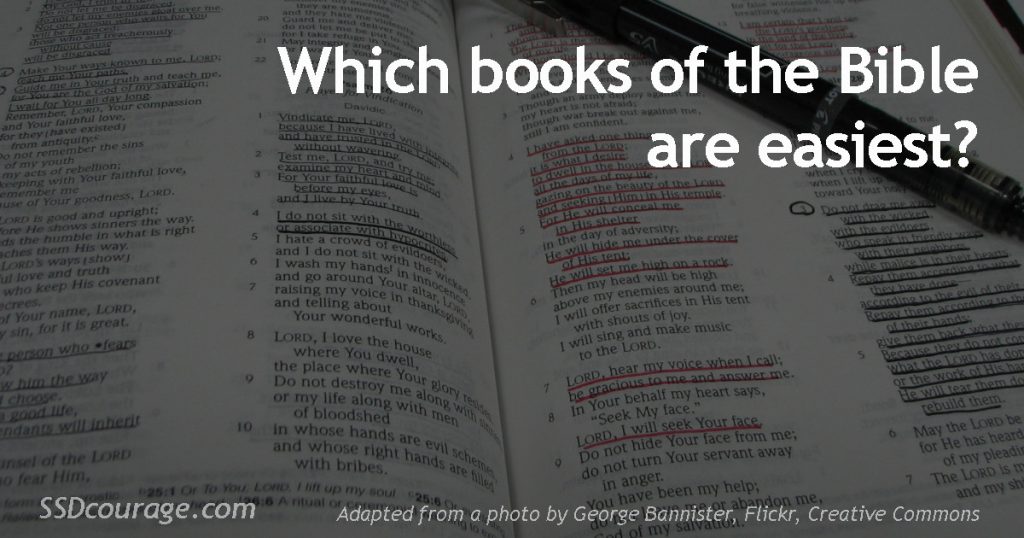
Here are six things I believe.
#1 You matter.
You are created to live forever.
You are designed to make a difference.
You are engineered for excellence.
Your value is immeasurable.
#2 You have been sinned against.
Despite your value, you have been a target of harm.
You have been injured by the actions of others; we all have.
This injury may leave lasting damage.
It’s not your fault.
#3 The world is broken.
The world is messed up.
People are hurting.
The world is NOT as God intended it, NOT as God wants it.
Sin messes up people, families, communities, and the world.
#4 Jesus is fixing things; we get to help.
Jesus died on the cross to remove sin’s power to destroy your life.
Jesus heals and repairs broken people, broken families, broken communities, a broken world.
This is a work in progress; it isn’t finished, but it will be.
We get to help. We can go from being part of the problem to being part of the solution.
#5 Do you want to be part of the problem or part of the solution?
Since sin destroys, you have two choices:
(1) hang on to sin and be part of the problem, or
(2) follow Jesus and be part of the solution.
If you choose to follow Jesus, He will begin the process of removing sin from your life.
He will also begin the process of repairing the damage sin has done to you.
He will also forgive you and remove guilt from your life.
He will guide you in the process of bringing healing and repair to a broken world.
Your role in this is to say “yes” to Jesus—to invite Him into your life to be all He wants to be.
That activates a daily relationship where He is Leader, you and I are followers.
#6 This creates two destinies; you get to choose.
Since sin destroys, if you choose to hang onto sin, your ride carries you to destruction.
Since Jesus transforms, if you choose to follow Jesus, then your ride carries you to eternal life. You will be fully alive, capable, confident, beautiful, perfect, authentic, indestructible, completely at peace, full of joy, loving, fulfilled. You will be surrounded by respect, trust, understanding and love. Disease, injury, death, poverty, calamity, injustice will no longer be present. No, this won’t all happen in this life, but your connection with Jesus changes the trajectory of your life and points you heavenward.
Bible trivia:
Answer from last time: Mary, mother of Jesus.
New question: Jesus talked to the woman at the well in what Roman province?























